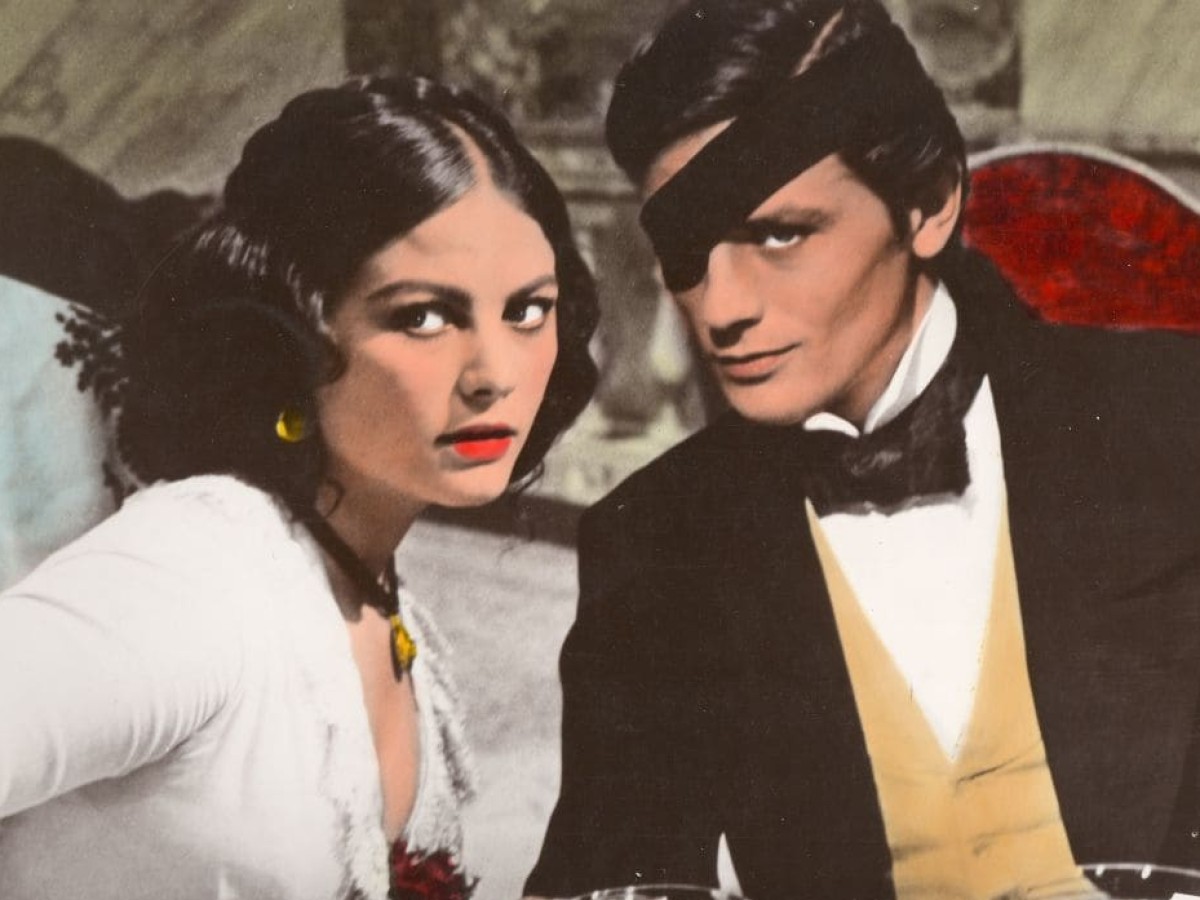Luchino Visconti
January 10 to February 3, 2005
Luchino Visconti (1906-1976) ranks among the most influential artists of the postwar period. He was one of the founders of neorealism in cinema, revolutionized Italian theatre after 1945 and, switching back and forth from cinema to theatre and opera, developed an aesthetic which brilliantly blended these art forms.
His films such as Ossessione, La terra trema (The Earth trembles), and Il gattopardo (The Leopard) left a decisive mark on film history. Martin Scorsese's and Francis Ford Coppola's epics would be unimaginable without Visconti. Yet even though his works were considered classics during his lifetime, he himself remained a controversial figure. Visconti's works and person were characterized by remarkable paradoxes. He was a millionaire's grandson and a Marxist; he was equally fascinated by the demise of fin-de-siècle culture as he was by the class struggles of his own time; he felt equally at ease in Italy’s Communist circles as in the artists' cliques in Paris. It was in these latter milieus that he began to openly acknowledge his homosexuality.
Visconti repeatedly devoted himself to major works of world literature and frequently directed films with historical themes without ever losing sight of contemporary life. With a breathtaking obsession with decorations which enabled a maximum of detail and stylization, he reconstructed a "lost era" whose downfall appears inevitable, while at the same time always evoking a possible alternative course of events.
Visconti's youth was characterized by an aristocratic life-style. As the son of a Milanese duke he received a comprehensive classical education; he led an existence untroubled by financial worries, first as horse breeder, traveller and ladies' man. His interest for cinema took hold as of the 1930s; a meeting with Jean Renoir was decisive for his later career. He started to become politically engaged, and began writing for the film periodical "Cinema", where in the early War years all those people came together who would later found the neoverismo movement. His début, the crime melodrama Ossessione, was banned due to its critical social views. However, the film had the effect of a manifesto: this was cinema about the conflict between "living people and those things in which social constraints are reflected".
After the end of the war, Visconti renewed Italian theatre, directed several operas, including some of Maria Callas' most important performances, and infused his films with these experiences (and vice versa). La terra trema, his story of the decline of a Sicilian fishing family, is one of the classics of realist cinema while displaying many operatic features at the same time. With his first historic drama Senso, Visconti achieved his specific goal of a Gesamtkunstwerk: a blend of cinematic opulence, theatrical choreography and a contemporary construction of history.
His mastery culminated in the incomparable ball scene at the end of Il gattopardo, when the aging Prince (Burt Lancaster) realizes that his world is disappearing. Visconti's later works likewise revolved around the subject of downfall. In his "German Trilogy" he dealt with the aristocratic-bourgeois world's sudden veer towards the death cult of the Nazi era (The Damned), with its fading away into aesthetic sublimation (Death in Venice), and with its total escapism (Ludwig, his most monumental and most personal work).
His emphasis on pathos and stylization brought Visconti the criticism of being decadent and out of touch with the world. His final two films, which he directed from the wheelchair while severely ill, can be considered a rejoinder to his critics. Gruppo di famiglia in un interno (Conversation Piece) deals with the impossibility of retreating to an ivory tower; L'Innocente (The Innocent) is a ruthless reckoning of the turn of the century mindset from which the monsters of the 20th century emerged.
The Retrospective will take place with the support of the Italian Cultural Institute in Vienna. On the Film Museum's initiative, the show will be presented at the Munich Film Museum and the Cinémathèque Municipale de Luxembourg after its conclusion in Vienna.
